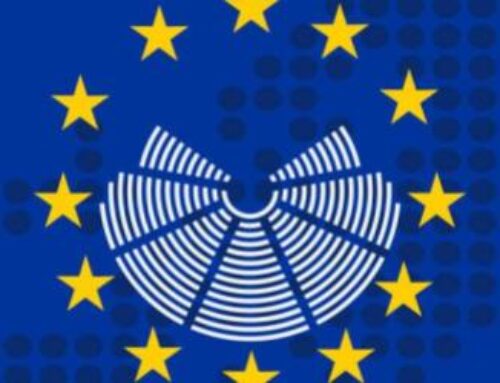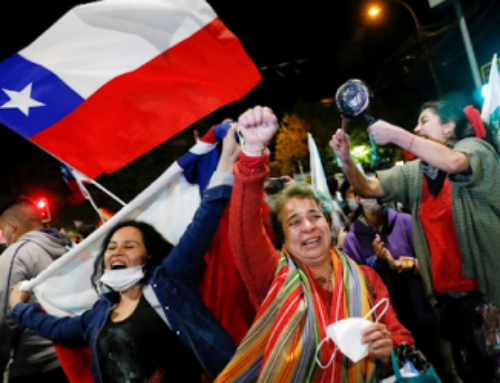«Welcome, dear friend» is how Putin welcomed Xi Jinping in the Kremlin. The visit to Russia of the Chinese leader takes place at a time of maximum tension and with a head of state claimed by the International Criminal Court for «war crimes». The International Court holds Putin personally responsible for the deportation of Ukrainian children. On the one hand, NATO countries redouble efforts to increase support to Ukraine, the first Leopard tanks are already arriving while Poland and Slovakia announced the dispatch of MIG-29 fighter jets; a decision that may change the course of the war.
Meanwhile, Putin is trying to take refuge in the only hope h e has left: China. CNN analysts and some U.S. government officials agree that the Asian giant’s government is sending military equipment to Russia, although the Chinese government strongly denies it. China has so far avoided condemning the Russian invasion of Ukraine and has not joined international sanctions but announced a plan to seek a peaceful solution to the problem.
e has left: China. CNN analysts and some U.S. government officials agree that the Asian giant’s government is sending military equipment to Russia, although the Chinese government strongly denies it. China has so far avoided condemning the Russian invasion of Ukraine and has not joined international sanctions but announced a plan to seek a peaceful solution to the problem.
The Chinese peace plan they presented in a 12-point document called «China’s Position on a Political Solution to the Ukraine Crisis» starts with a first point where they determine ‘Respect for Ukraine’s sovereignty and call for a ceasefire while considering Russia’s security concerns about NATO’s expansion into Eastern Europe as legitimate. This position does not appear to have much of a future as Russia claims it will only hold talks if it is left in control of the strip of eastern and southern Ukraine already under Russian control. However, Ukraine has ruled out ceding territory in exchange for peace.
Xi Jinping’s visit to Russia is a clear message to the United States which is looking askance at China in its uncontrollable rise of influence over entire regions such as most countries in Africa and slowly infiltrating the Middle East and Latin America.
Xi Jinping has just scored a major diplomatic victory by mediating between Iran and Saudi Arabia to resume diplomatic relations after years of tensions and disputes over leadership in the region. This could be the beginning to push for an international leadership seeking peace between Ukraine and Russia.
Against this backdrop, the risks of a long-term conflict are increasing. Regional tensions are a source of political and economic uncertainty that is likely to persist this year.



